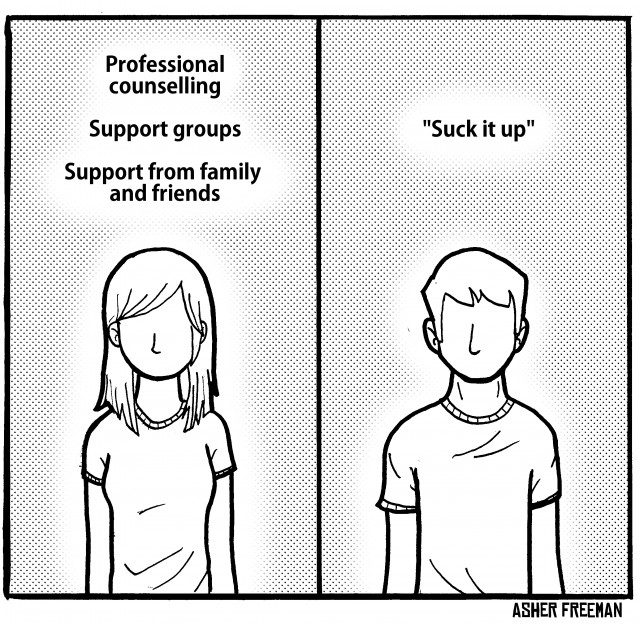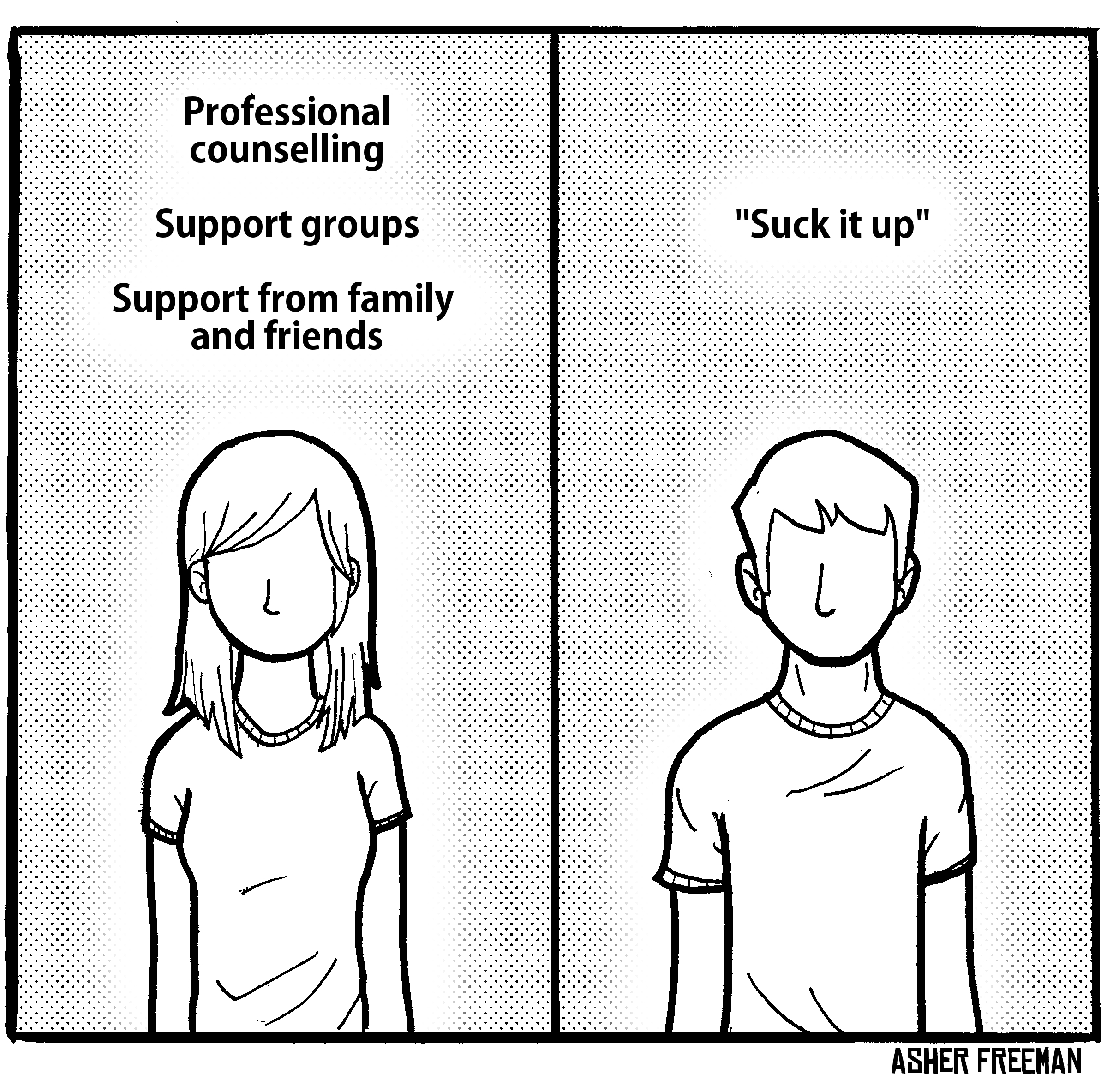 It could happen to anyone. Male, female. Any race. Any age. Sexual assault is a very real problem.
It could happen to anyone. Male, female. Any race. Any age. Sexual assault is a very real problem.
Baylor is ready to handle sexual assault cases. In 2011, the U.S. Department of Education Office for Civil Rights released its Dear Colleague Letter and it encouraged universities to actively be aware of Title IX issues.
Title IX states that no person can be excluded from or discrimination against in any education program.
While a big focus of many universities is making men’s and women’s sports equal, another aspect of the law has arisen — issues concerning sexual assault.
Over the past several years, Baylor has tried to improve the way it handles sexual assault cases.
Besides the help the Baylor police and counseling center offer victims of sexual assault immediately after the crime, there are support groups available for students to participate in if they choose. At this point, there are only support groups for female victims of sexual assault and not any for males.
There could be several reasons for this — the demand for a support group isn’t there or resources to establish one are unavailable.
Regardless of the reason, the support group for male victims at Baylor has not yet been tried.
Establishing a support group would not only broaden the services offered by the counseling center, but also encourage male victims of sexual assault to report the crime or talk with other victims.
Oftentimes, victims of sexual assault feel alone. They feel no one else has experienced what they’ve been through and no one else could understand. If the counseling center actively advertised a support group for males, they could reach victims who would have never spoken out otherwise.
During the first weeks of classes, a representative from Baylor speaks to the dorms and informs women of the services at the counseling center. The same educational services should be given to males.
Baylor, along with the counseling center, is working to establish a better process for handling sexual assaults.
Dr. Cheryl Wooten with the Baylor Counseling Center said changes in the system could be seen next fall.
Victims of sexual assault should also know the Baylor community supports them. Students at Baylor should encourage Baylor administration and the counseling center in their efforts to improve responses to sexual assault.
This could come by students simply telling administrators or faculty at Baylor what they’d like to see happen with Baylor’s approach to sexual assault.
While Baylor’s system of dealing with sexual assault seems efficient, there are still areas it can improve. Students should be aware of these areas and how Baylor is already trying to improve.
Bethany McCraw, associate dean for student conduct administration, said there are more occurrences of sexual assault than are reported.
She said victims of sexual assault are sometimes hesitant to come forward because alcohol was involved or they are embarrassed who committed the assault, like a same-sex assault.
Baylor will not charge sexual assault victims for underage drinking when alcohol is involved. In addition, the gender of the perpetrator does not matter and victims will not be charged with committing a homosexual act.
Baylor should make every effort to be sure students are aware of these facts and the services offered by the counseling center.
While there are some efforts being made currently, Baylor should strive for equal treatment for victims.
EDITOR’S NOTE: David Trower did not participate in the discussion, writing or editing of this editorial due to a conflict of interest.






